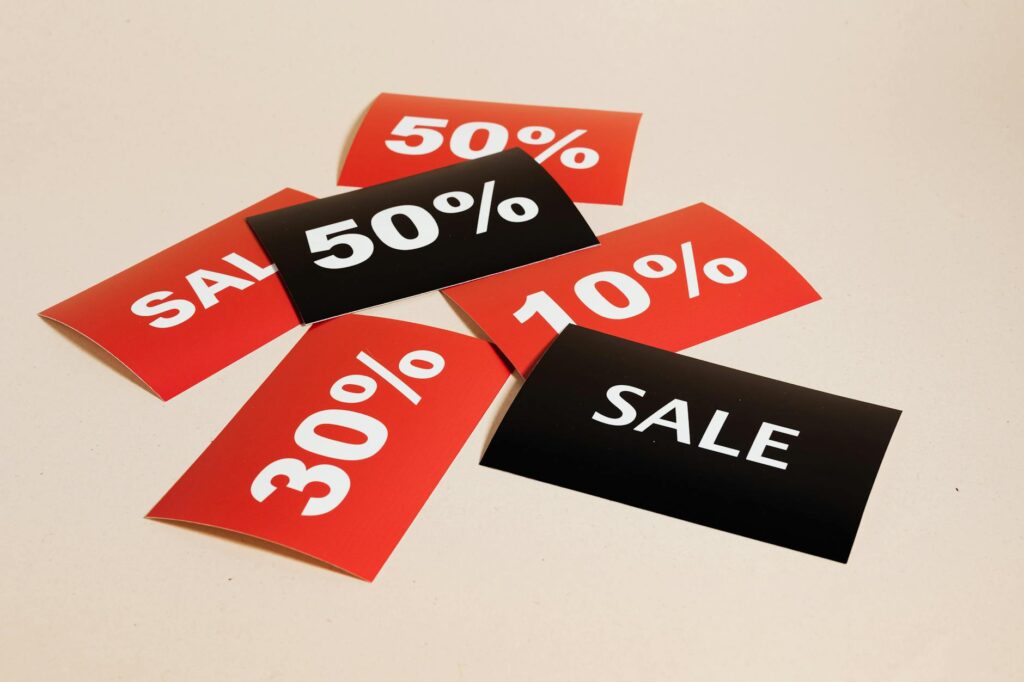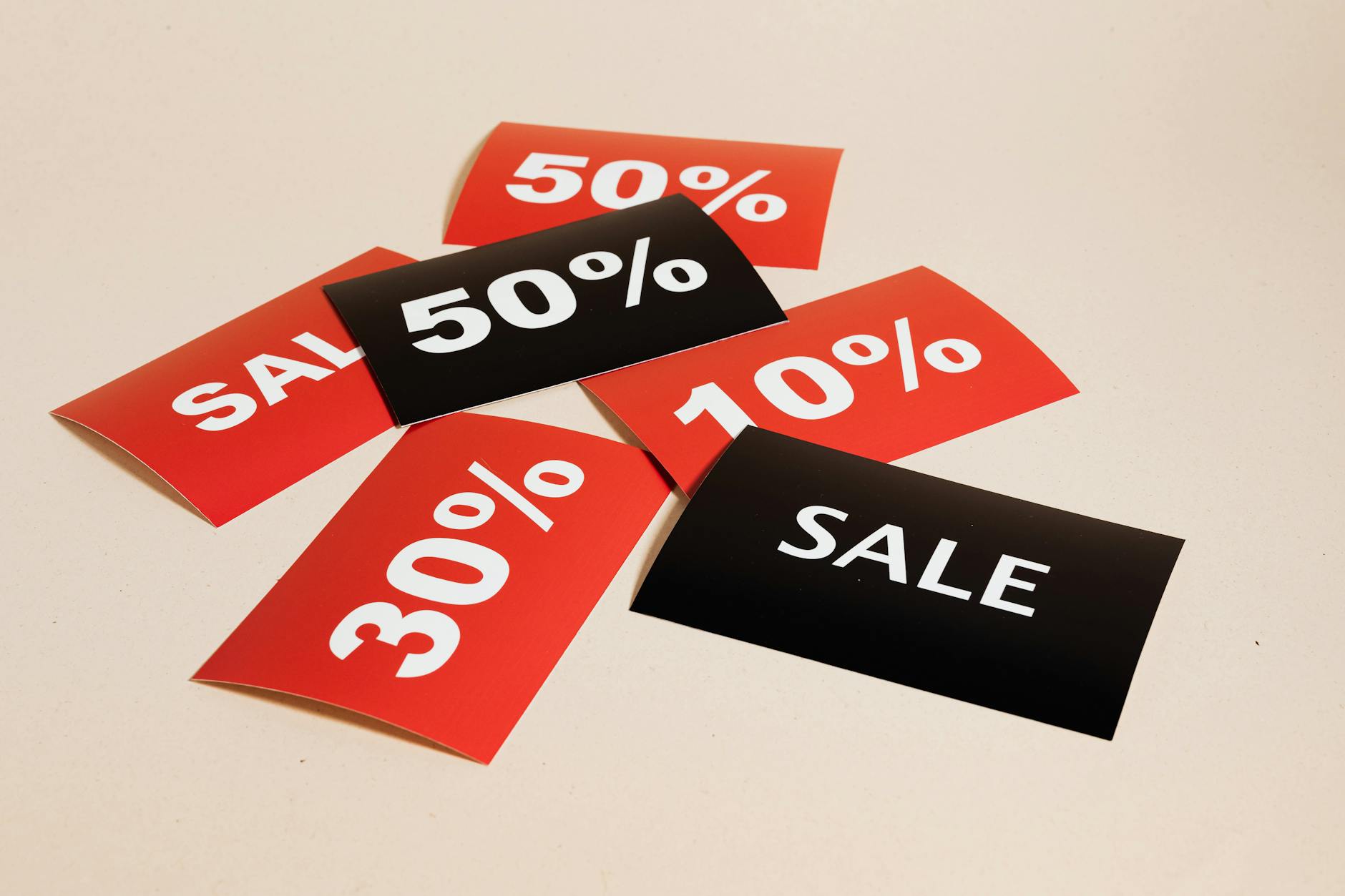What is clutter reduction?

What is Clutter Reduction?
Clutter reduction is more than just a buzzword; it’s a vital practice that can transform your environment and enhance your quality of life. In an age where we’re bombarded with information and physical items, understanding how to declutter can lead to significant improvements in productivity and personal development. Whether it’s your home, workplace, or digital space, decluttering can create an atmosphere that fosters creativity, efficiency, and calm.
Understanding Clutter
Clutter manifests in various forms, making our spaces feel chaotic and overwhelming. At its core, clutter refers to items or information that accumulate and distract us from what really matters. In personal spaces, this may look like a messy living room overflowing with belongings or a desk buried under stacks of paperwork. In professional settings, clutter can hinder collaboration and focus, affecting overall productivity.
Types of Clutter
-
Physical Clutter: This is the most visible form of clutter, encompassing everything from clothes and furniture to papers and knickknacks. A crowded space can create a sense of anxiety and make it difficult to focus on tasks.
-
Digital Clutter: With our lives increasingly moving online, digital clutter becomes a significant issue. This includes overflowing email inboxes, disorganized files on your computer, and unnecessary apps on your devices. Each notification and unorganized document can lead to distractions.
-
Mental Clutter: This is often the most challenging type to tackle. Mental clutter refers to the overwhelming thoughts and worries that fill our minds, often stemming from external chaos. It can lead to feelings of stress and confusion, making it hard to concentrate on what’s essential.
The Psychological Impact of Clutter
The relationship between clutter and mental health is profound. Research shows that clutter can increase stress levels and decrease our ability to focus. When our surroundings are disorganized, it’s harder to process information and make decisions. This can be particularly true for individuals with ADHD, where a cluttered environment can amplify distractions. To understand these effects, studies, like this one from WebMD, highlight how disorganization in our spaces correlates with heightened anxiety and irritability.
Benefits of Clutter Reduction
Reducing clutter can have a cascading effect on various aspects of your life. Here’s how decluttering can enhance your well-being:
Enhanced Productivity
A clutter-free environment creates a space where you can think clearly and work efficiently. When your surroundings are organized, it becomes easier to find what you need and focus on tasks. This leads to improved efficiency at work and increased productivity in your daily activities.
Improved Mental Clarity
One of the most immediate benefits of clutter reduction is the mental clarity that comes with it. A clean space can lead to reduced stress and anxiety, allowing you to focus on what truly matters. Studies, such as those presented by BeWell@Stanford, suggest that an uncluttered environment fosters better processing of information and decision-making.
Better Time Management
Less clutter means less time spent searching for misplaced items or sifting through unnecessary information. When you know where everything is, you can manage your time more effectively and devote your energy to more important tasks.
Strategies for Clutter Reduction
Implementing effective clutter reduction strategies can help you maintain a clean and organized environment. Here are some actionable tips:
The 30-Day Declutter Challenge
This simple yet effective challenge encourages you to declutter a small area of your life each day for a month. Start with one drawer or section of your closet, and gradually move to larger spaces. By the end of the month, you’ll be amazed at how much you’ve accomplished!
Digital Decluttering Techniques
Begin by organizing your digital files. Create folders for different types of documents and delete anything outdated or unnecessary. For emails, unsubscribe from newsletters you no longer read and sort important messages into labeled folders. Tools like Becoming Minimalist offer great tips on maintaining digital organization.
Establishing a Clutter-Free Mindset
Mindfulness practices can help maintain a clutter-free mindset. Take time each week to reflect on what you truly need and what can go. Regularly review your belongings and digital content, ensuring that they still serve a purpose in your life. Remember, keeping a clutter-free mind is just as crucial as maintaining a clean space.
Conclusion and Call to Action
Clutter reduction is not merely about tidying up; it’s a pathway to greater productivity, mental clarity, and overall well-being. By understanding the types of clutter and the importance of a clean environment, you can take actionable steps toward a more organized life. Start small, commit to the process, and watch how decluttering can transform not just your surroundings, but your mindset as well.
Incorporate these strategies into your daily routine, and you’ll soon find yourself living in a space that promotes peace and productivity. Embrace the challenge of clutter reduction today, and enjoy the benefits that come with a simpler, more organized life.

Photo by Kaboompics.com